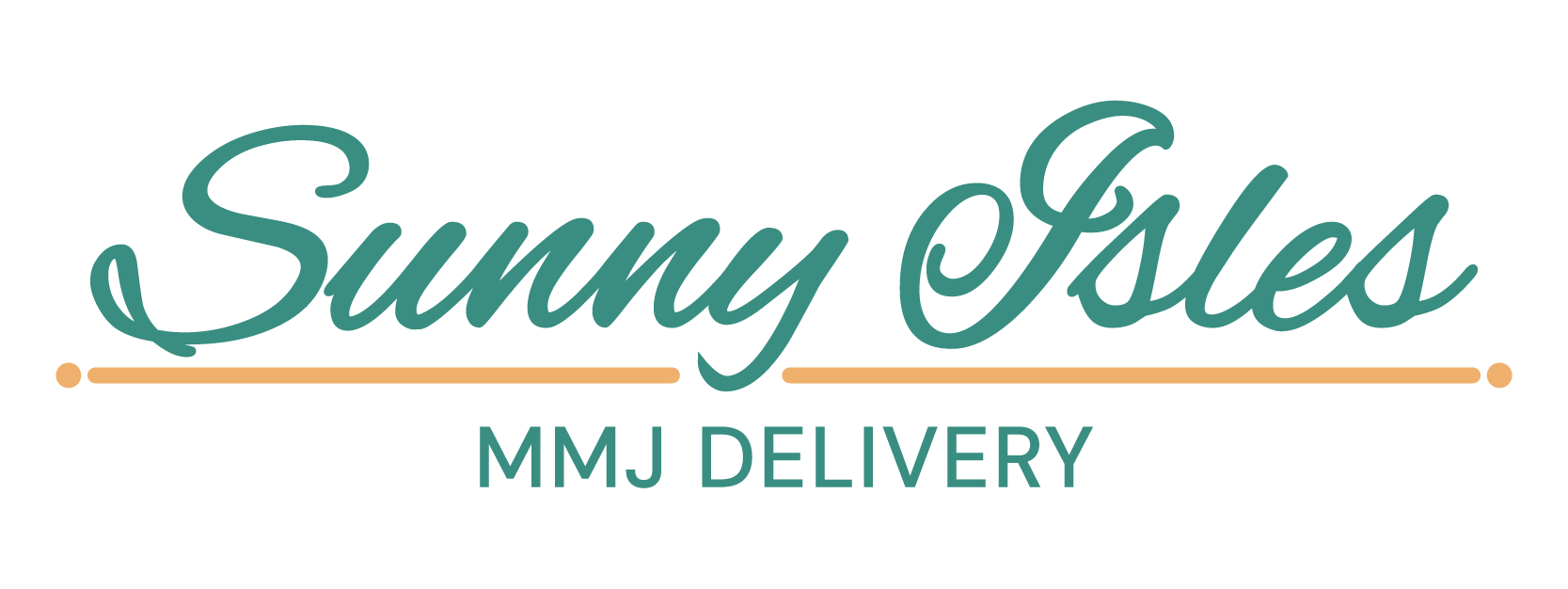As medical cannabis use becomes more prevalent across Florida, residents of high-rise condominiums in Sunny Isles Beach are navigating the complexities of state laws, federal regulations, and homeowners’ association (HOA) policies. Understanding your rights and responsibilities is essential to ensuring compliance and maintaining harmony within your community.
Medical Cannabis Delivery: What’s Permitted?
Florida law permits licensed Medical Marijuana Treatment Centers (MMTCs) to deliver cannabis products directly to qualified patients. These deliveries can be made to private residences, including condominiums and apartments, provided the patient holds a valid medical marijuana card and the delivery address matches the one registered with the state. Deliveries are conducted by authorized personnel and are legal throughout the state, including in Sunny Isles Beach.
HOAs generally cannot prohibit these deliveries, as doing so would interfere with a patient’s legal right to access prescribed medication. However, associations may implement reasonable procedures to manage deliveries, such as requiring delivery personnel to sign in at the front desk or use designated entrances, to maintain building security and order.
Use Restrictions: Smoking vs. Non-Smoking Forms
While medical marijuana is legal in Florida, its use is still subject to certain restrictions, especially within multi-unit dwellings. HOAs have the authority to regulate activities that may impact other residents’ enjoyment of their homes. This includes implementing rules against smoking, which can encompass tobacco and cannabis, in common areas and even within individual units if smoke permeates into neighboring spaces. Haber law.
To accommodate patients while addressing concerns about secondhand smoke and odors, many associations encourage the use of non-smoking forms of medical cannabis, such as edibles, tinctures, or capsules. These alternatives provide the therapeutic benefits of cannabis without affecting other residents.
Federal Law vs. State Law: The Legal Landscape
Despite Florida’s legalization of medical marijuana, it remains classified as a Schedule I controlled substance under federal law. This discrepancy can create challenges for HOAs, which may cite federal law to justify restrictions on cannabis use within their communities. However, enforcing such bans could lead to legal disputes, particularly if they infringe upon a resident’s rights under state law .
Residents seeking to use medical cannabis should be prepared to provide documentation, such as a physician’s recommendation or medical marijuana card, to their HOA if requested. Open communication and a willingness to find mutually agreeable solutions can help prevent conflicts and ensure compliance with both state and community regulations.
Best Practices for Residents and HOAs
For Residents:
- Review your HOA’s governing documents to understand any restrictions related to cannabis use.
- Opt for non-smoking forms of medical cannabis to minimize potential disturbances to neighbors.
- Communicate openly with your HOA about your medical needs and be prepared to provide appropriate documentation.
For HOAs:
- Develop clear, reasonable policies that address cannabis use while respecting residents’ legal rights.
- Focus on regulating the method of consumption (e.g., smoking) rather than the substance itself.
- Consult legal counsel to ensure that any restrictions comply with current laws and do not infringe upon residents’ rights.
By fostering a collaborative approach, residents and HOAs in Sunny Isles Beach can navigate the evolving landscape of medical cannabis use, balancing individual health needs with community well-being.
